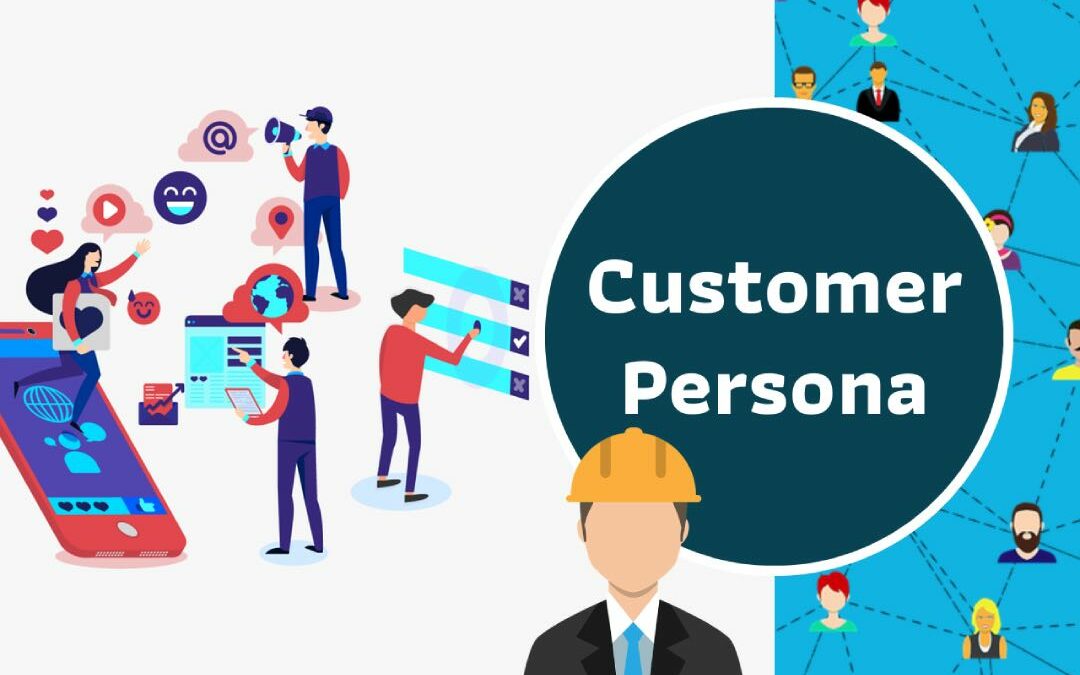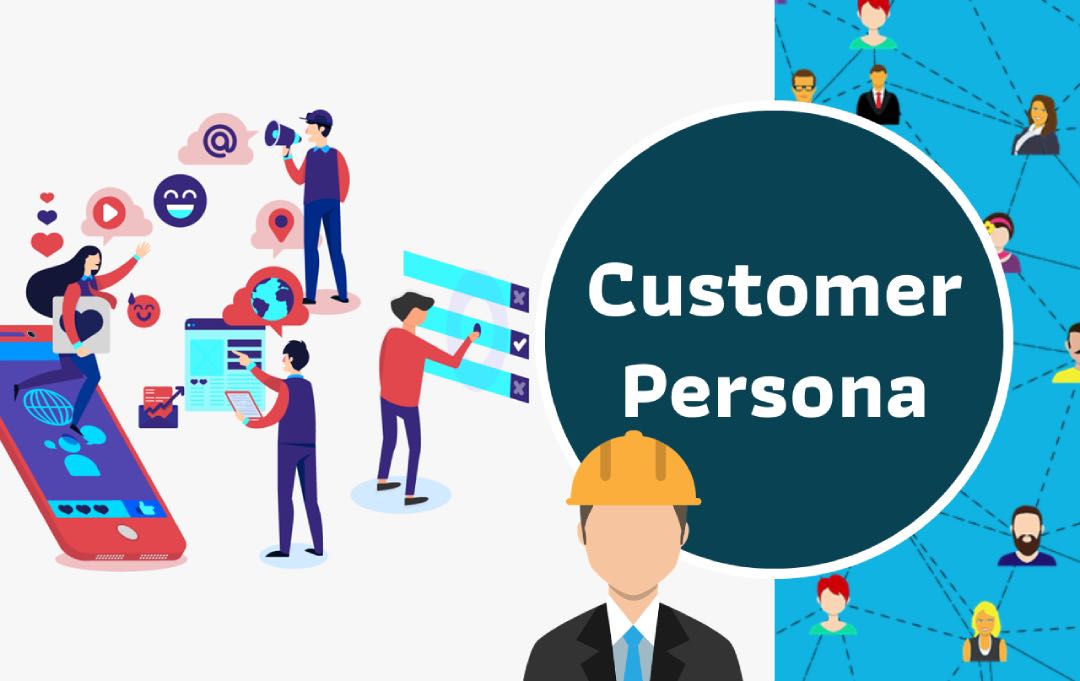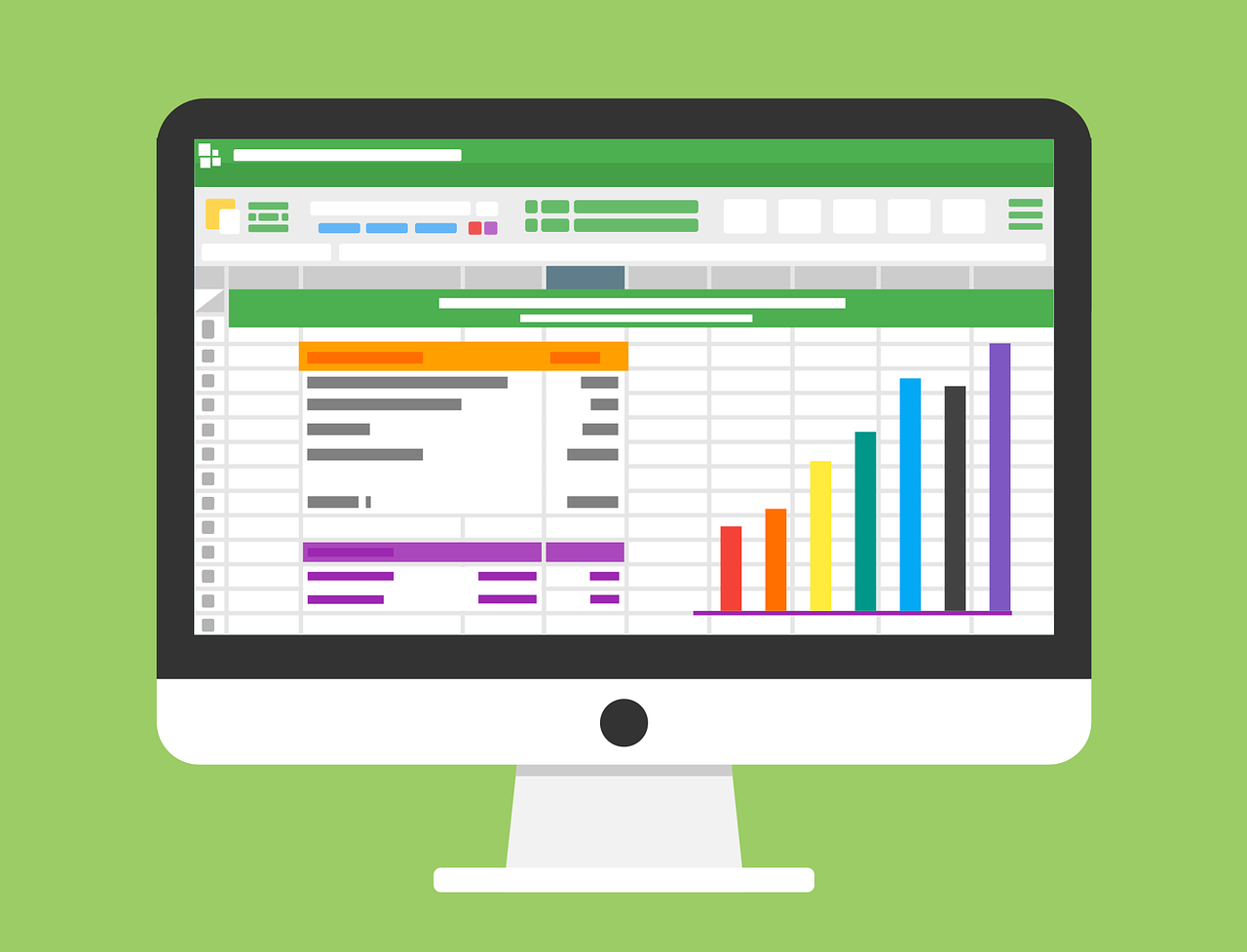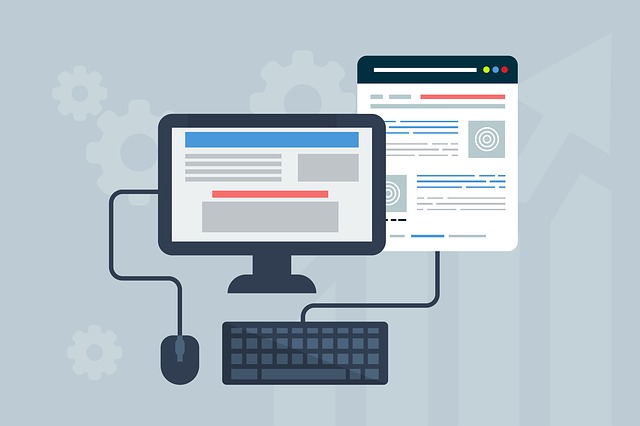As a marketer, I believe that creating a Customer Persona is one of the most valuable activities for any strategy you’re planning to develop.
Creating a Customer Persona is always a great place to start if somehow the picture of your audience is still vague or ambiguous.
If you are in the process of creating content or even developing new products or services, it is fundamental that you know in detail, who you are creating it for.
What is a Customer Persona?
A Customer Persona, also known as a Customer Avatar or Buyer Persona, is an in-depth fictional/graphical representation of your ideal customer.
This representation is the result of comprehensive research and should outline all the details about your clients or qualified prospects, including demographic and psychographic data.
Why is it important to create a Customer Persona?
The main purpose of a Customer Persona is to give Marketers a clear picture and deep knowledge of their prospects/clients. This will allow them to create more relevant content and solutions for their audience.
From personal experience, I often hear clients affirm that they’re sure to know who their customers are… until we get to the details. Then, we start getting broader and unclear answers.
This often translates into brands trying to appeal to people that are not a good fit for their business, leading to unnecessary costs and work.
✓ Having a clear picture of who your clients/prospects are, is the foundation of all your content strategy, product development, messaging, user experience, or any other marketing activity
✓ It will allow you to tap into opportunities that until now were unknown to you
✓ It will help you to attract more relevant and valuable people to your business
✓ It will help you understand your customers better
✓ It will allow you to save time, money, and energy
“The aim of marketing is to know and understand the customer so well that the product or service fits him and sells itself.”
– Peter F. Drucker
Who needs to create a Customer Persona?
Every Business.
How to create a Customer Persona?
I’ve outlined 3 main points to assist you in this process:
1. Research
If you already have customers: use first-party data and all the information that you’ve already learned about your customers. Talk to them, do interviews and use surveys. Gather information from the teams that deal directly with your clients, like sales and customer service teams.
If you don’t have any customers yet: look at your competitors and study their audience, their interactions, and their conversations online. Check the reviews they give and learn about their pain points, challenges, and frustrations, as well as what they value the most.
What information should you look for?
Demographics:
Below are some demographic information examples that you can explore during your research:
- Age
- Gender
- Marital status
- Household number
- Job title/occupation
- Education
- Income
- Geolocation
Psychographics
Psychographic data allows you to classify people based on their interests, habits, beliefs, and other psychological criteria. At this stage, you’ll be exploring your audience’s deepest worries, pain points, interests, values, attitudes, and much more. Psychographic information examples include:
- Hobbies
- Personality traits
- Values & beliefs
- Activities, hobbies and interests
- Lifestyle
- Pain points
- Main challenges
- Goals
Ask any other questions you may find relevant
The more you know about your ideal customer, the better.
Ask any other questions you find relevant to your industry. For example, if you work in the automotive industry, you might want to know:
- What cars do your prospects usually drive?
- How much are they willing to spend on a new car?
- What features do they value the most? Security, comfort, reliability…?
The more, the merrier.
2. Build a Customer Persona sheet
Now that you have done your research, and gathered all the information, start building your Customer Persona sheet. Alternatively, you can download and use the template I created.
In this sheet, compile and process all the information you’ve collected so far.
As you build it, you’ll notice that more questions will emerge. Make sure you capture them and keep doing as much research as needed.
3. Final Step
Once you have a clear image of what your persona looks like, create different graphic representations of it.

If your business profits from multiple market segments, it’s very important that you break them down and create a persona for each of these segments.
Finally, name all the avatars you’ve created, and remember that this is an ongoing process and that your customer persona must be regularly updated and tweaked.
Conclusion
Now that you have created your Customer Persona, and refined the perception and understanding of your audience, use this knowledge to support every aspect of your marketing strategy.
It is your responsibility as a business to figure out how to help your audience solve their problems/challenges. With this comprehensive knowledge, you can adjust your tone and message and plan your content accordingly.
The more targeted you are, the more relevant your message will be.
Keep it specific, keep it simple, keep it relevant.
Other popular posts:



